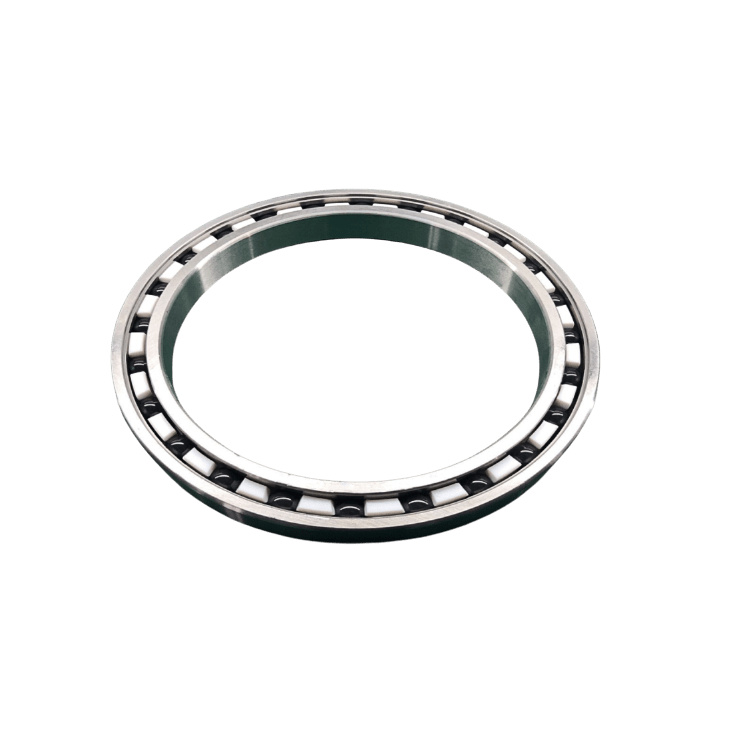Welcome to Tarso, professional special bearing manufacturer
The major reason for stainless steel bearing failures […]
The major reason for stainless steel bearing failures is the presence of defects. These defects can be caused by improper installation or sudden failure of the host. When an impact or severe vibration occurs, the defects can result in a fracture of the bearing component. During the manufacturing process, it is important to check the raw materials to ensure the correct quality and strength. Choosing a reliable supplier is also important. If you are unsure of your bearing application, it is wise to check the reviews of other users.
Stainless steel is a common material for bearing applications. Compared to conventional metals, stainless steel is more resistant to corrosion. The higher resistance to corrosion makes stainless steel an excellent choice for a wide variety of applications. This is especially true for food-grade parts and other clean room conditions. In addition, the rust-resistance and lubrication capabilities of this material make it easy to install. Moreover, stainless steel is recyclable.
Stainless steel has many advantages. It is corrosion-resistant and can resist several media. A stainless steel bearing has a long life. The stainless steel bearing is an excellent solution for equipment that faces high temperatures and extreme pressures. It is also a good option for bearings in corrosive environments. There are different grades of stainless-steel and they are available for various industries. One of the most important features of stainless steel is its durability. Its low cost makes them ideal for high-end applications.

Stainless steel is generally more expensive than other metals. But it offers important advantages in certain situations. Among them, it is more resistant to corrosion than other steels. This factor makes stainless steel the best choice for applications in clean rooms and food-grade environments. Furthermore, the durability and reliability of stainless steel bearings increases. In some situations, this factor also increases the bearing's lifetime. However, there are other factors that determine the longevity of a bearing.
Stainless steel is a durable material. It can withstand corrosion from moisture and other media. Its ability to resist rust and other types of corrosion makes it an ideal choice for applications that require high-temperature resistance. This metal is an excellent choice for bearings that have to handle extreme conditions. Its versatility makes it an excellent choice for many industrial applications. If corrosion is a concern, you should check with the manufacturer first.
Another benefit of stainless steel is its greater corrosion resistance compared to other metals. It can withstand higher temperatures better than other materials. Similarly, stainless steel is more stable in high temperatures, which can reduce the risk of failure. Thus, a high-temperature bearing is an excellent choice for industrial applications. Its high durability and low weight make it a great choice for many applications. So, if you're considering using a stainless steel bearing, keep these points in mind when choosing a material for your next project.